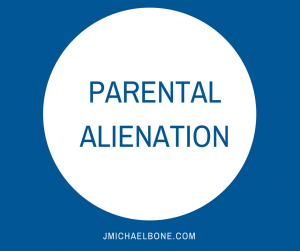I have included below most of the text of the amended Illinois SB 4113, which seeks to establish a rebuttable presumption that an award of equal parenting time to each parent is in the best interests of the minor child(ren) in a divorce case.
For many years, my firm has represented Fathers in complex child custody cases, and in many cases my Dad clients were rightfully awarded the primary custody of their children. I have fought vigorously to level the playing field for my Dad clients through the years, some who faced false allegations, false OPs and other challenges in their divorce cases. These cases can be battles, but with the right strategy and management, the right decisions can be reached in these cases. Equally so, I have fought for women, in their own custody cases, some facing false allegations of parental alienation from a narcissistic husband. My goal has always been to develop strategies for both my male and female clients to combat parental alienation, false allegations, and to create outcomes that serve both my clients and the true best interests of the children.
So with SB 4113, the question becomes whether this legislation will, in and of itself, create that level playing field for parents? I note that many of the more vocal Bar associations have opposed this bill, and I can say that some judges with whom I have discussed this do not favor the bill. But, the idea of such a bill has a lot of favor, especially with men and women who, for too long, have been impacted by a legal system that oftentimes does not serve the best interests of children fully. Will SB 4113 create that foundation so that the court is required to factor in a presumptive 50/50 allocation of time to both parents? I am hopeful that SB 4113 perhaps undergoes some revisions that might make its passage more palatable. I note that a 50/50 presumption is a satisfying idea, but that in many cases, many judges and clinicians do not believe that a 50/50 time allocation is appropriate in most circumstances and with most families. An equalization of time is beneficial where the parents live proximate to each other, where the parents both share positive parenting traits, work schedules can accommodate 50/50 time, the age and circumstances of the kids favor shared time, and myriad other factors that can benefit a true shared parenting environment. I believe that a shared parenting bill could be written that might be more dense, more detailed and more fleshed out that might give a solid and detail-rich shared parenting bill a real likelihood of passage.

 Illinois Divorce Lawyer Blog
Illinois Divorce Lawyer Blog




